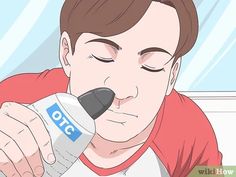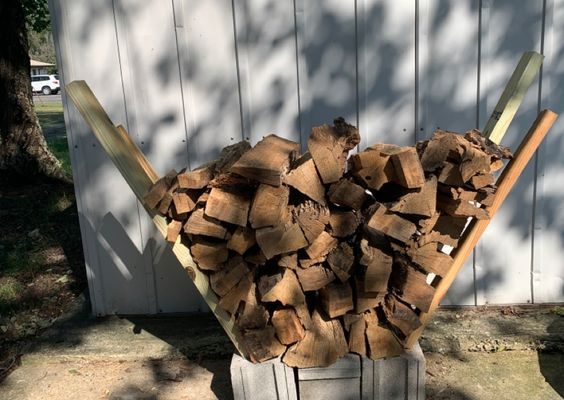3 Ways to Cure Nasal Polyps

Nasal polyps are noncancerous growths that develop within the lining of the nasal passages or sinuses. These swollen, teardrop-shaped tissue masses can cause nasal congestion, difficulty breathing, and reduced sense of smell. While nasal polyps can affect individuals of any age, they are most common in adults with a history of allergies, asthma, or sinus infections. In this article, we will explore three effective ways to cure nasal polyps and help alleviate their associated symptoms.
1. Medical Treatments
If your doctor confirms that you have nasal polyps, they may recommend medication as the first line of treatment. Commonly prescribed medications include:
1. Nasal Corticosteroids: These are anti-inflammatory sprays that can help reduce the size of the polyps and relieve congestion. Examples include fluticasone (Flonase), mometasone (Nasonex), and budesonide (Rhinocort).
2. Oral Corticosteroids: For more severe cases, doctors may prescribe oral corticosteroids such as prednisone for a short period to shrink the polyps quickly.
3. Antihistamines and Decongestants: These medications can help alleviate allergy symptoms and congestion accompanying nasal polyps.
It is essential to follow your doctor’s instructions regarding your medical treatment plan to ensure optimal results.
2. Surgical Procedures
In cases where medical treatments are ineffective or polyps recur despite adequate therapy, surgical intervention may be necessary. The most common surgical procedures for treating nasal polyps include:
1. Polypectomy: This is a minimally invasive outpatient procedure where a doctor uses a small suction device or a microdebrider to remove the polyps.
2. Endoscopic Sinus Surgery: During this procedure, a thin tube with a camera (endoscope) is inserted into the nostrils, and small surgical tools are used to remove the polyps and open up the sinuses.
Recovery time for both procedures is typically brief, but post-surgical care, including the continuation of medications, is essential to prevent recurrence.
3. Lifestyle Changes and Home Remedies
In addition to medical treatments and surgical interventions, adopting certain lifestyle changes and utilizing home remedies can help alleviate symptoms and manage nasal polyps. These changes include:
1. Maintaining good nasal hygiene: Regularly using saline nasal rinses or sprays can help keep your nasal passages clean and moisturized.
2. Using a humidifier: Keeping indoor air moist can prevent dryness and irritation in your nasal passages.
3. Identifying allergens: Identifying potential triggers for allergies or asthma, such as pet dander or pollen, can help you minimize your exposure and reduce inflammation.
4. Incorporating anti-inflammatory foods in your diet: Consuming foods rich in omega-3 fatty acids, antioxidants, and vitamins can help control inflammation within your body, potentially reducing the risk of polyp formation.
In conclusion, curing nasal polyps requires a multifaceted approach that combines medical treatments, potential surgical procedures, and lifestyle modifications. Consult with your healthcare provider to determine the best course of action based on the severity of your condition and to develop an effective treatment plan tailored to your unique needs.






